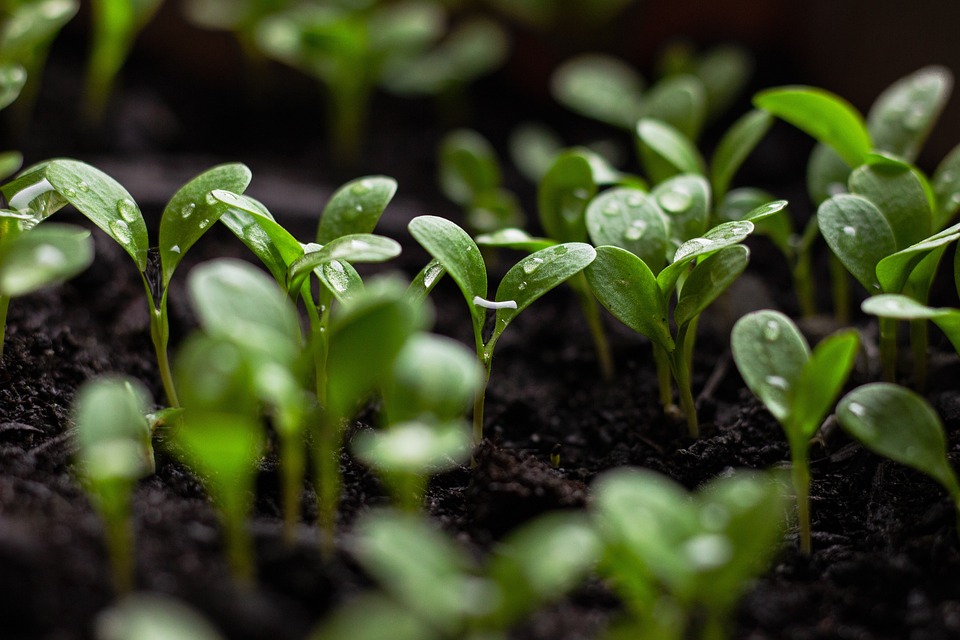Table of Contents
Mastering the Art of Successful Composting: Techniques for Healthy Soil and Sustainable Gardening
Composting is a natural process that turns organic materials into a nutrient-rich soil amendment. By mastering the art of composting, gardeners can create healthy soil, reduce waste, and promote sustainability in their gardening practices. In this article, we will explore various techniques for successful composting and discuss how to integrate composting into your gardening routine for optimal results.
What is Composting?
Composting is the process of breaking down organic materials such as food scraps, yard waste, and leaves into a dark, crumbly substance known as compost. Compost is rich in nutrients and beneficial microorganisms that improve soil health and enhance plant growth. Composting is a natural and sustainable way to recycle organic waste and reduce the amount of material sent to landfills.
Benefits of Composting
There are numerous benefits to composting, both for your garden and the environment. Compost improves soil structure, increases nutrient availability, and enhances water retention. By adding compost to your garden, you can promote healthy plant growth, suppress diseases, and reduce the need for synthetic fertilizers. Composting also helps reduce greenhouse gas emissions and combat climate change by diverting organic waste from landfills.
Essential Components of Composting
Successful composting requires four essential components: nitrogen-rich materials, carbon-rich materials, moisture, and oxygen. Nitrogen-rich materials, also known as “greens,” provide protein for the microorganisms that break down organic matter. Carbon-rich materials, or “browns,” provide energy for the microorganisms. The ideal compost pile contains a balance of greens and browns in a ratio of approximately 3:1.
Moisture is important for the decomposition process, as it allows the microorganisms to thrive and break down organic matter. The compost pile should be kept moist, but not soggy, with a consistency similar to a wrung-out sponge. Oxygen is necessary for aerobic composting, which relies on oxygen-loving microorganisms to break down materials efficiently. Turning the compost pile regularly can help aerate the pile and speed up decomposition.
Composting Techniques
Backyard Composting
Backyard composting is a simple and convenient way to recycle organic waste from your kitchen and garden. To start a compost pile in your backyard, choose a suitable location that is sheltered from extreme temperatures and receives partial sunlight. Begin by layering nitrogen-rich and carbon-rich materials in the compost pile, making sure to water the pile regularly and turn it every few weeks to aerate the contents.
Vermicomposting
Vermicomposting is a type of composting that uses worms to break down organic materials. To start a vermicomposting bin, you will need a container with ventilation holes, bedding material such as shredded newspaper or cardboard, and red worms (Eisenia fetida). Add kitchen scraps to the bin, along with some bedding material, and let the worms do the work of breaking down the organic matter. Vermicompost is rich in nutrients and microbial activity, making it an excellent soil amendment for gardens.
Bokashi Composting
Bokashi composting is a fermentation process that uses a special type of inoculated bran to break down organic matter. To start a bokashi composting system, you will need a Bokashi bucket, Bokashi bran, and kitchen scraps. Layer the kitchen scraps with Bokashi bran in the bucket, compressing the contents to remove air pockets. Seal the bucket and let the contents ferment for several weeks before adding them to a compost pile or burying them in the garden.
Using Compost in the Garden
Once your compost is ready, it can be used as a soil amendment or mulch in the garden. Compost improves soil structure, enhances nutrient availability, and promotes beneficial microbial activity. To use compost in the garden, spread a layer of compost around plants or mix it into the soil before planting. Compost can also be used as a top dressing for lawns, a mulch for moisture retention, or a potting mix for container gardening.
Common Composting Questions
1. Can you compost meat and dairy products?
While meat and dairy products can be composted, they should be added in moderation and buried deep within the compost pile to prevent attracting pests. Bokashi composting is a good option for composting meat and dairy products, as the fermentation process reduces odors and breaks down materials more quickly.
2. How long does it take to make compost?
The time it takes to make compost depends on various factors such as the size of the compost pile, the types of materials used, and the composting method. In general, compost can be ready in 2-6 months under ideal conditions, but it can take longer for larger piles or if the pile is not turned regularly.
3. Can you compost weeds and diseased plants?
Weeds and diseased plants can be composted, but they should be added with caution to prevent spreading weeds or diseases in the garden. To compost weeds and diseased plants safely, make sure the compost pile reaches a high enough temperature to kill weed seeds and pathogens. Turning the compost pile regularly can help ensure that all materials are broken down effectively.
Conclusion
Composting is a valuable skill that can benefit both your garden and the environment. By mastering the art of composting, gardeners can create healthy soil, reduce waste, and promote sustainability in their gardening practices. By following the techniques outlined in this article and incorporating composting into your gardening routine, you can enjoy the many benefits of composting and contribute to a healthier planet for future generations.
For more information on composting, gardening tips, and sustainable practices, please visit our website.
